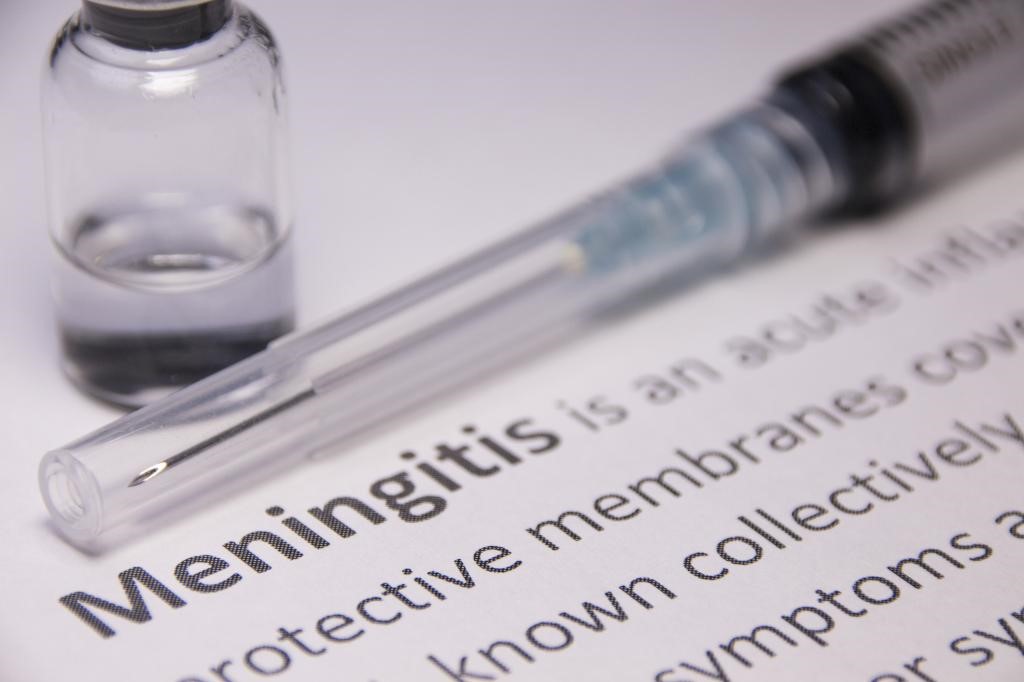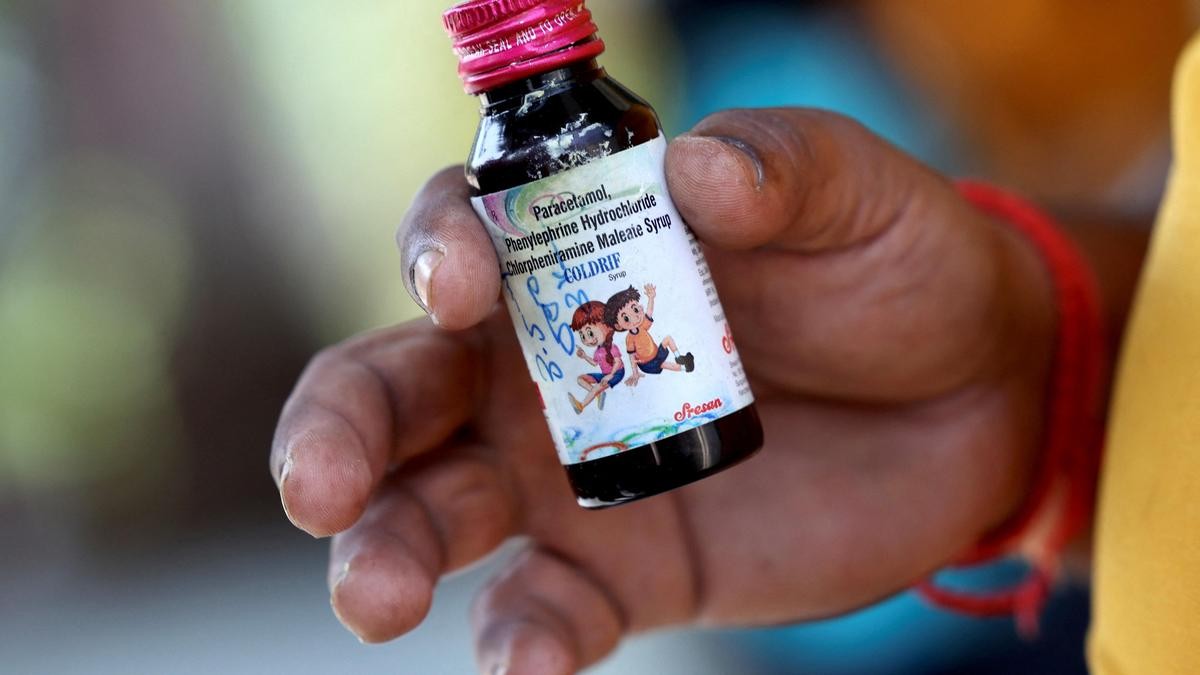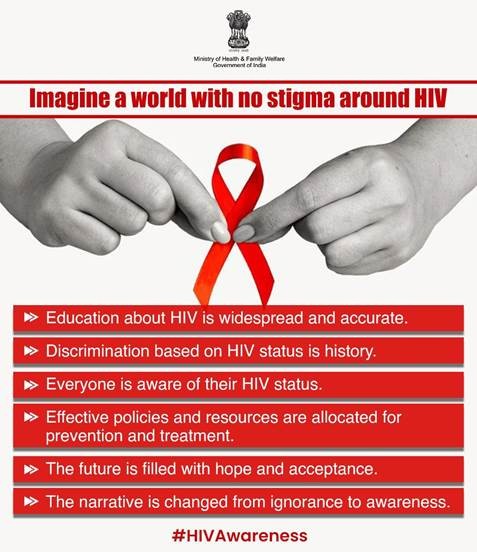Description

Source: DownToEarth
Disclaimer: Copyright infringement not intended.
Context
- Nigeria becomes the first country globally to introduce the Men5CV vaccine.
- Men5CV, recommended by the WHO, provides protection against five strains of meningococcus bacteria with a single shot.
- Unlike previous vaccines that targeted one or two strains, Men5CV offers broader protection.
Details
Significance of Men5CV Rollout
- Pioneering Use: Nigeria's adoption of Men5CV sets a precedent for other countries, potentially leading to broader global adoption.
- Impact on Meningitis Prevention: The vaccine rollout aligns with WHO's goal to eliminate meningitis by 2030, potentially preventing future outbreaks and saving lives.
- Broader Protection: Men5CV vaccine protects against multiple strains of meningococcus bacteria (A, C, W, Y, and X), crucial for regions like the African meningitis belt where multiple strains circulate.
- Potential to Reduce Outbreaks: Wider accessibility of Men5CV, funded by Gavi, can potentially curb future outbreaks of meningitis.
Meningitis in Africa
- Concern in African Region: Bacterial meningitis, particularly caused by meningococcus bacteria, is a significant concern in Africa.
- African Meningitis Belt: A region spanning 26 countries in Africa, including Nigeria, is known as the "African meningitis belt" due to high rates of meningitis cases.
- Increase in Cases: Reported cases of meningitis in Africa increased by 50% in the past year, according to WHO.

About Meningitis
- Meningitis is a serious medical condition characterized by inflammation of the protective membranes covering the brain and spinal cord.
- This inflammation can be caused by infection with bacteria, viruses, fungi, or other microorganisms, or by non-infectious factors such as certain medications or autoimmune disorders.
Types of Meningitis:
Bacterial Meningitis:
- Caused by bacterial infection, most commonly by Neisseria meningitidis, Streptococcus pneumoniae, and Haemophilus influenzae type b (Hib).
- Can be life-threatening and requires immediate medical attention.
Viral Meningitis:
- Caused by viral infections, with common viruses including enteroviruses (such as coxsackievirus and echovirus) and herpesviruses (such as herpes simplex virus and varicella-zoster virus).
- Generally less severe than bacterial meningitis, but still requires medical evaluation and treatment.
Fungal Meningitis:
- Caused by fungal infections, such as Cryptococcus neoformans or Candida species.
- Often occurs in individuals with compromised immune systems, such as those with HIV/AIDS or undergoing immunosuppressive therapy.
Non-Infectious Meningitis:
- Can be caused by non-infectious factors, such as certain medications (e.g., NSAIDs, antibiotics), autoimmune diseases (e.g., lupus), or malignancies.
Causes of Meningitis:
- Bacterial: Spread through respiratory droplets or direct contact with an infected person's saliva or nasal secretions.
- Viral: Often transmitted through respiratory secretions, fecal-oral route, or contact with contaminated surfaces.
- Fungal: Typically acquired by inhaling fungal spores present in the environment or through dissemination from other sites of infection.
- Non-infectious: Result from a variety of underlying conditions or triggers, including drug reactions or autoimmune processes.
Symptoms of Meningitis:
- Common Symptoms:
- Sudden onset of fever
- Severe headache
- Stiff neck (neck stiffness)
- Nausea and vomiting
- Sensitivity to light (photophobia)
- Altered mental status (confusion, irritability, lethargy)
- Symptoms in Infants and Young Children:
- High-pitched crying
- Bulging fontanelle (soft spot on the baby's head)
- Poor feeding or irritability
- Seizures
Diagnosis:
- Physical Examination: Focuses on assessing signs of meningeal irritation, such as neck stiffness and neurological deficits.
- Lumbar Puncture (Spinal Tap): Analyzes cerebrospinal fluid (CSF) obtained from the lower back for signs of inflammation, presence of microorganisms, and other abnormalities.
- Laboratory Tests: Blood cultures, PCR (Polymerase Chain Reaction) testing, and other specific tests to identify the causative agent.
- Imaging Studies: CT (Computed Tomography) or MRI (Magnetic Resonance Imaging) scans may be performed to assess for complications such as brain swelling or abscesses.
Prevention:
- Vaccination: Routine immunization against bacterial pathogens such as Neisseria meningitidis, Streptococcus pneumoniae, and Haemophilus influenzae type b.
- Hand Hygiene: Regular handwashing helps reduce the risk of viral and bacterial infections.
- Respiratory Hygiene: Covering the mouth and nose when coughing or sneezing can prevent the spread of respiratory viruses.
- Avoiding Close Contact: Minimizing contact with individuals who have respiratory infections or meningitis can reduce transmission risk.
- Prophylaxis: Antibiotic prophylaxis may be recommended for close contacts of individuals with certain types of bacterial meningitis to prevent secondary cases.
Sources:
DownToEarth
|
PRACTICE QUESTION
Q. Discuss the significance of Nigeria's introduction of the Men5CV vaccine in the context of global efforts to combat meningitis. How does this milestone contribute to addressing the challenges posed by meningitis in Africa, particularly in the "African meningitis belt"? (250 Words)
|











